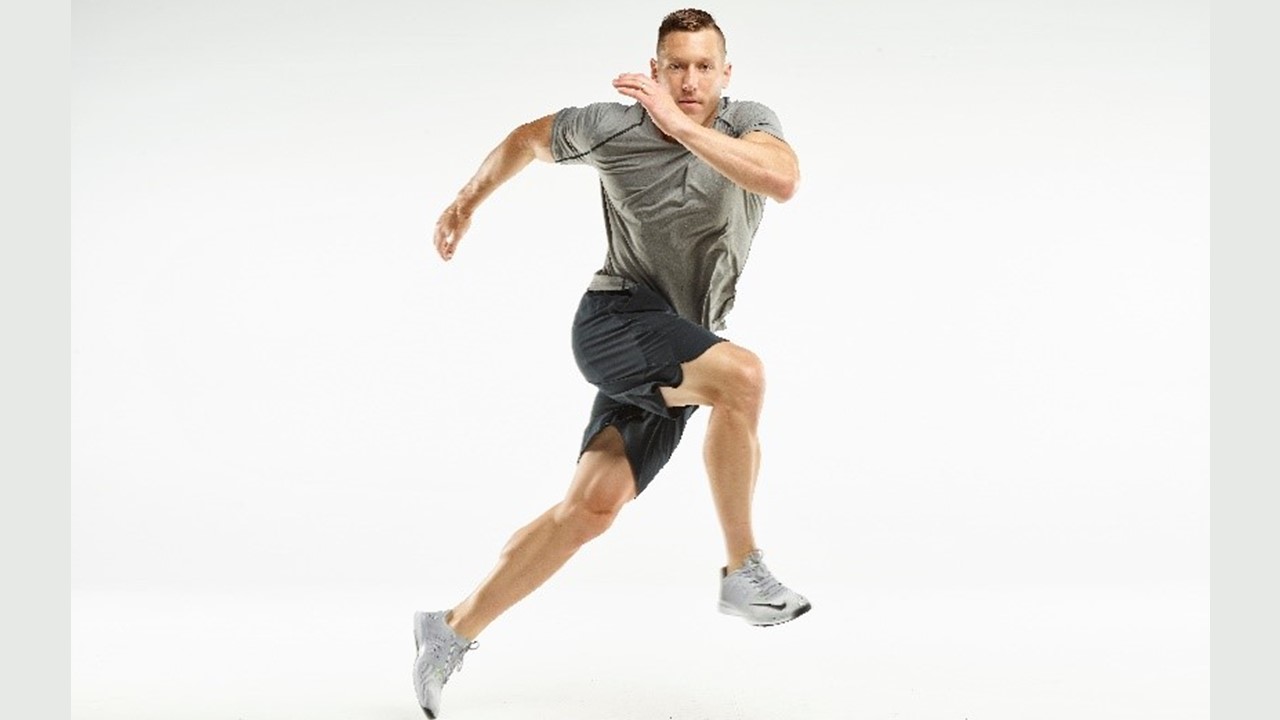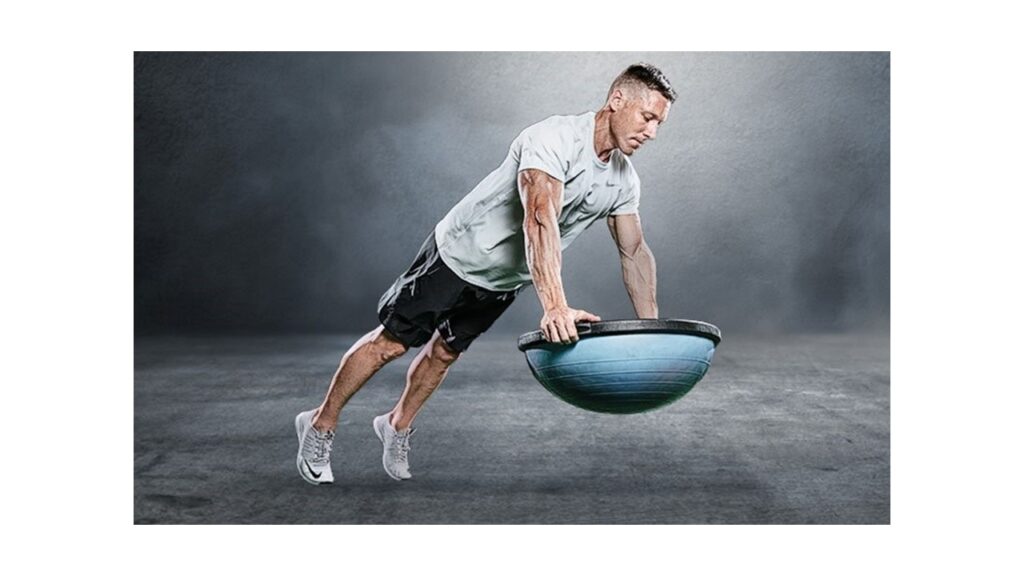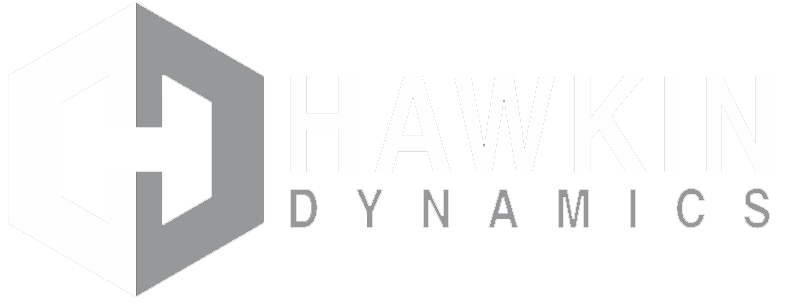Working in the NBA and NHL: Dr. Craig Slaunwhite

Introduction and interview by CSCA Founding Director and current CSCA Advisory Team member Darren Steeves:
You know you are getting “older” when you are interviewing a veteran in the field that you trained many moons ago. Coach Slaunwhite was an athlete I got to watch and work with early in my career at Dalhousie University. He was an athlete above the rest. The one who took everything serious and left no stone unturned when it came to his own development. When other athletes were using alcohol on Saturday night or going out for some fast food he declined as it took away from his vision and goals. What was different about Craig is that it did not seem forced, not a difficult decision. Being around him, it felt like it had become who he was, it had moved beyond a choice. He had made this part of his DNA. Looking back, I find this fascinating as part of my career I have tried to help people build health habits, regular people as well as athletes.
What I respected from Craig at the time is he did not judge those other athletes’ choices. Many would turn their nose up and look down at teammates who did not have the same approach, I never saw that from him. Even during our conversations for this article, he said something negative about an individual and he spent the rest of the conversation apologizing he said it. I could tell it was not a concern it would get back to that person, but it was simply not who he is, and it bothered him he stepped outside that. I am not surprised he identified humility as a value he holds high.
Here is a mixture of life and career questions I asked Coach Slaunwhite. I prefer to understand the person and not just the career path. I was also curious on the experience of being involved in 2 different professional sports and why he stayed in S&C rather than going into chiropractic care.
Darren: How do you define your purpose in life? What values do you live by?
CS: My purpose in life is to follow my core values in exploration of personal and professional development while being a role model and provider for my family.
My core values include honesty, discipline, open-mindedness, humility, and optimism.
Darren: When do you feel like your flourishing? What would a person see your life like?
CS: I feel like I am flourishing when I’m advancing my knowledge and applying that knowledge to help others reach their goals. My life would probably be viewed by others as one that is very family oriented and guided by discipline and work ethic.
Darren: I always wanted to ask what keeps you in this field rather than chiropractic care?
CS: The team environment is honestly the thing that keeps me in this field. I have always been part of a team since joining my first team as a youth. I love the team atmosphere and social connection that come along with it. There is something special about working collaboratively towards a common goal and the energy that comes from being in a competitive environment. It also does not totally preclude me from maintaining a connection to chiropractic, which is nice.
Darren: What does your chiropractic educational experience bring into your S&Cpractice?
CS: My chiropractic education is an invaluable asset to my current role by allowing me to have a greater understanding of the complex systems that make up an athlete. It is also allows me to bridge the gap that often exists between the medical team and the strength and conditioning team within an organization.
Darren: How do you define your training philosophy in 2 paragraphs or less?
CS: My training philosophy is difficult to encapsulate in a few sentences. I do not really follow one particular system or school of thought. It is really a product of all my experiences and interactions to this point. I believe in taking an athlete centered approach and applying whatever strategy is necessary to get the greatest amount of engagement return from the athlete.
Darren: How do you assess athletes? You can use hockey or basketball as an example?
CS: When assessing hockey players for example, I gather information from both on and off ice assessments to paint a complete picture. I then tie that information into the evaluations provide by the medical and coaching staff to further detail the athlete profile. From a performance perspective I have always been interested in speed profiling and comparing on ice to off ice abilities. Then of course I look at maximal strength and power output, with an emphasis on lower body power. Anthropometrics, mobility, and movement quality are also areas that I like to look at.
Darren: What has been the difference coaching in the NHL to the NBA?
CS: Coaching in the NBA vs the NHL has been an experience of more similarities than differences. The schedule for the two sports is almost identical and the array of training ages within both sports is similar. The game demands of basketball are more vertical in nature, but the majority of the athlete development goals are very similar.
Darren: How do you handle your work life balance with a young family?
CS: The work life balance with my young family has been a challenge. I’m away from my family quite a bit during the season as a result of travel required for away games and long days for home games. I can maintain a balance though, by forgoing some of my personal and social interests and devoting as much time as possible to my family when I’m away from work.
Darren: What professional groups are you part of? What do you read for professional development?
CS: I belong to the NSCA, NBASCA and a few other peer groups that help me stay current. A lot of my personal development reading comes from articles shared by collogues and subscribing to mailing lists from groups like science for sport.
Darren: What is one cool thing you are using now or doing in your practice?
CS: It is nothing new for a lot of practitioners out there but I’m currently trying to gain a deeper understanding of some of the matrixes provided from force plate data and how to best use that data to influence programing.
Darren: What is your advice to a budding professional?
CS: My advice to a budding professional is to gain as much experience as possible by talking to, shadowing, or working with as many professionals in the field as possible. This will help increase your knowledge and broaden your network.







